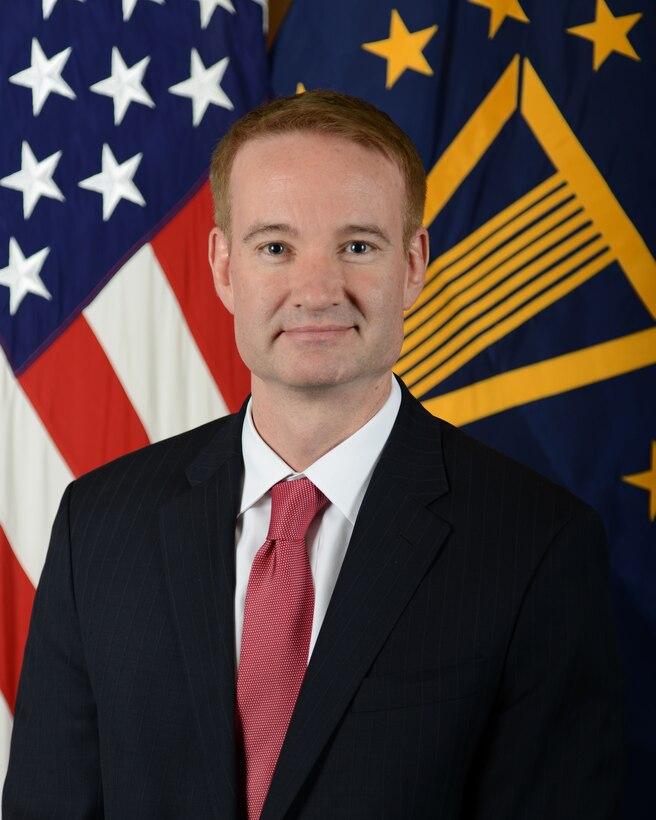U.S. to Russia: "Let’s engage in dialogue, not confrontation"

A key U.S. ambassador on Tuesday reiterated calls to Moscow to "engage in dialogue and diplomacy, not conflict and confrontation", as Russia, he said, "has locked and loaded its guns and it’s pointing them at Ukraine", TURAN's Washington correspondent reports.
"We’re ready to participate in a genuinely open, honest dialogue that hopefully produces concrete results by lowering tensions, providing more transparency, and building greater confidence," the U.S. Ambassador to the OSCE Michael Carpenter told reporters in a briefing organised by the State Department's Brussels Media Hub.
"We’re willing to explore creative new ideas. But everything we do has to be grounded in respect for our core principles – the principles that all 57 OSCE states signed up to repeatedly over the last five decades and, in fact, more: sovereignty, territorial integrity, the inviolability of borders, peaceful settlement of disputes. These principles cannot be revised or renegotiated," Carpenter said.
The OSCE on Tuesday held the inaugural meeting of the Renewed European Security Dialogue in Vienna. The meeting was the initiative of Polish Foreign Minister Zbigniew Rau, the OSCE chairman.
The dialogue "represents an opportunity for all 57 OSCE participating states to walk the path of diplomacy together with an aim of achieving concrete, practical results that enhance our mutual security," Carpenter said, adding that "no one thinks this is going to be an easy discussion, but it’s a necessary one, and if we wish to avoid conflict, it’s essential."
Russia, he said, "has made clear" that it wishes to discuss indivisibility of security, and "frankly, we’re ready and willing to have that discussion."
Washington in its turn "made clear" indivisibility of security does not mean one country can threaten force against another; invade another country’s territory or get to veto another country’s choice of alliances or dictate its foreign policy, as Deputy Secretary of State Wendy Sherman put it.
Asked what was there for Moscow and Washington to talk about, Carpenter told TURAN's Washington correspondent that there is no "trade space" on the core principles of the international order, and that means "no trade space on sovereignty, on territorial integrity, on no allowance for spheres of influence, no ability of one state to veto another state’s foreign policy or its decision whether to join or not join alliances. That’s all off the table".
But what is on the table is discussion in detail on issues like missile placement in Europe, military transparency, confidence building measures.
"There’s any number of ideas pertaining to conventional arms control writ large in the broadest meaning of that term that we would be happy to discuss with Russia if they want to get down and have a serious discussion of specifics," he said.
"We’re willing to drill down on those topics, but we’re not willing to entertain dilutions or renegotiations of our core principles," he concluded.
Alex Raufoglu
Washington D.C.
 Latest news
Latest news Latest news
Latest newsSerbia’s European Integration: Prospects and Obstacles
21.Oct.2025
Ukrainian Drones Set Fire to Russia’s Largest Gas Plant, Gas Intake from Kazakhstan Suspended
20.Oct.2025
Trump and Zelensky in Washington: The Return of “Hardline Support” Policy
19.Oct.2025
Activist Margretta Mirzoyan on the Political Mood in Armenia
18.Oct.2025
Trump and Putin Prepare to Meet Ahead of Zelensky’s White House Visit: A New Phase of Diplomacy or Pressure on Kyiv?
17.Oct.2025
A Shadow over the Russian-Azerbaijani Thaw: What Lies Behind the Arrest of Former Presidential Chief of Staff Ramiz Mehdiyev?
16.Oct.2025
Russia and Syria: A New Chapter in Relations After the Coup
16.Oct.2025
NATO and EU Join Forces to Build a “Drone Wall”
15.Oct.2025
Trump: New bonds of friendship to join Armenia to Azerbaijan
14.Oct.2025
UK to lift its arms embargo on Armenia, Azerbaijan
14.Oct.2025

 25 Oct 2025
25 Oct 2025








